Introduction to AI Crypto
Artificial intelligence (AI) and blockchain technology represent two of the most transformative advancements in the modern digital landscape. The convergence of these two technologies has birthed a novel category of digital assets known as AI crypto. AI crypto projects harness the capabilities of artificial intelligence and machine learning to offer innovative solutions and applications that were previously unattainable.
At its core, AI crypto amalgamates the decentralized nature of blockchain with the analytical prowess of AI. Blockchain provides a transparent, immutable ledger that enhances security and trust, while AI excels in data analysis, pattern recognition, and predictive modeling. This powerful synergy enables the development of intelligent systems that can operate autonomously, make informed decisions, and even predict market trends.
One of the most compelling aspects of AI crypto is its potential to revolutionize various industries. For instance, in finance, AI-driven algorithms can optimize trading strategies and risk management. In healthcare, AI can analyze vast amounts of data to enhance diagnostics and treatment plans. Moreover, AI crypto can improve supply chain efficiency by predicting demand and optimizing logistics.
The fusion of AI and blockchain also addresses some of the inherent challenges of each technology. For instance, AI models often require vast amounts of data to function effectively, which raises concerns about data privacy and security. Blockchain’s decentralized nature ensures that data is securely stored and can be accessed transparently, mitigating these concerns. Conversely, AI can enhance blockchain networks by improving consensus mechanisms and enabling more efficient data processing.
As we look toward the future, the potential of AI crypto seems boundless. These projects are not only pushing the boundaries of what is possible with digital assets but are also paving the way for more intelligent, secure, and efficient systems across various sectors. The rise of AI crypto projects signifies a pivotal moment in the evolution of blockchain technology, promising to deliver unprecedented value and innovation.
Top AI Crypto Projects
As we venture into 2024, the intersection of artificial intelligence and blockchain technology continues to generate significant interest. Several AI crypto projects are at the forefront of this innovation, each offering unique solutions and substantial potential impact on the industry.
Fetch.ai (FET) is a decentralized machine learning platform designed to enable smart infrastructure for autonomous economic agents. Fetch.ai aims to optimize various sectors, including energy grids, transportation, and supply chains, by allowing devices to operate independently and make decisions based on data.
Ocean Protocol (OCEAN) focuses on unlocking data for AI consumption. It provides a decentralized data exchange protocol that allows data owners to share their data while maintaining privacy and control. This project addresses the critical issue of data silos, facilitating the seamless flow of data between entities and enhancing AI development.
The Graph (GRT) is an indexing protocol for querying data on networks like Ethereum and IPFS, powering many applications in DeFi and broader Web3 ecosystems. By providing a reliable way to access blockchain data, The Graph accelerates the development of applications relying on decentralized information.
SingularityNET (AGIX) is a decentralized marketplace for AI services. It allows anyone to create, share, and monetize AI technologies at scale. SingularityNET aims to democratize AI by providing a platform where AI developers can collaborate and offer their solutions to a global market.
Render Token (RNDR) leverages blockchain technology to create a decentralized GPU rendering network. By providing scalable and efficient rendering solutions, RNDR supports industries like CGI, AR/VR, and AI, enabling creators to access powerful rendering capabilities without significant upfront investments in hardware.
Bittensor (TAO) is a decentralized machine learning network where participants train models and earn rewards for their contributions. Bittensor aims to build a global AI network that incentivizes collaboration and innovation, potentially transforming the landscape of AI research and deployment.
Akash Network (AKT) offers a decentralized cloud computing marketplace, providing scalable and cost-effective infrastructure for developers. By democratizing access to cloud resources, Akash Network supports the deployment and scaling of AI applications, reducing reliance on centralized providers.
Theta Network (THETA) is a decentralized video delivery network powered by blockchain. It aims to disrupt the video streaming industry by providing a more efficient and cost-effective way to distribute video content. Theta Network leverages AI to optimize content delivery and enhance user experience.
AIOZ Network (AIOZ) is another decentralized content delivery network that uses blockchain technology to improve streaming services. AIOZ utilizes edge computing and AI to provide high-quality, low-latency streaming, positioning itself as a significant player in the future of digital content distribution.
Read more articles.
Understanding AI Crypto
Artificial Intelligence (AI) crypto represents a fascinating amalgamation of two cutting-edge technologies: blockchain and AI. By leveraging machine learning algorithms and advanced data analytics, AI crypto projects aim to enhance the efficiency, accuracy, and overall performance of blockchain networks.
At the core, AI crypto utilizes sophisticated algorithms to analyze vast amounts of data. This enables the prediction of market trends, optimization of trading strategies, and enhancement of decision-making processes. For instance, machine learning models can assess historical data to predict future price movements or identify fraudulent activities, thereby offering a significant competitive advantage to traders and investors.
The integration of AI in crypto projects brings several advantages. Firstly, it dramatically increases efficiency and accuracy by automating complex tasks that would otherwise require significant human effort and time. Secondly, AI algorithms can process and analyze large datasets at speeds unattainable by human analysis, leading to more informed and timely decision-making. Thirdly, AI can enhance security and transparency within blockchain networks by identifying and mitigating potential threats and anomalies.
However, there are inherent challenges associated with AI crypto. One major concern is the dependence on high-quality data. AI models are only as good as the data they are trained on, and poor data quality can lead to inaccurate predictions and suboptimal outcomes. Additionally, AI algorithms can inadvertently incorporate biases present in the training data, leading to skewed results. Another critical issue is regulatory uncertainty. Governments and regulatory bodies are still grappling with how to effectively oversee AI and blockchain technologies, creating an environment of uncertainty that can hinder the adoption and development of AI crypto projects.
In conclusion, while AI crypto presents numerous opportunities for improving blockchain efficiency and decision-making, it also poses significant challenges that need to be addressed. As the technology continues to evolve, ongoing research and collaboration between stakeholders will be essential in overcoming these obstacles and unlocking the full potential of AI in the crypto space.
Getting Started with AI Crypto
Embarking on the journey into the realm of AI crypto projects requires a foundational understanding of how to buy and securely store AI crypto tokens. The first step typically involves selecting a reputable cryptocurrency exchange. Some of the most popular exchanges for purchasing AI crypto include Binance, Kraken, and Coinbase. Each of these platforms offers user-friendly interfaces and extensive resources to guide new users through the process of setting up an account, completing necessary verifications, and executing their first purchase of AI crypto tokens.
Once the acquisition of AI crypto tokens is complete, the next crucial step is ensuring their secure storage. Digital wallets such as MetaMask, Ledger, and Trezor are highly recommended for this purpose. MetaMask, a browser-based wallet, provides convenient access and ease of use, particularly for those engaging in frequent transactions or decentralized applications. For enhanced security, hardware wallets like Ledger and Trezor offer robust protection against potential cyber threats by storing private keys offline, significantly reducing the risk of unauthorized access.
Looking ahead, the future outlook for AI crypto is highly promising. As the integration of artificial intelligence and blockchain technology continues to deepen, we can expect to see innovative applications across various industries. The potential for AI crypto projects to revolutionize sectors such as finance, healthcare, supply chain management, and more is vast. Emerging use cases may include autonomous financial systems, predictive analytics for healthcare, and enhanced transparency in supply chain operations, among others. As technology evolves, the landscape of AI crypto is poised to expand, offering new opportunities and challenges for investors and industry stakeholders alike.


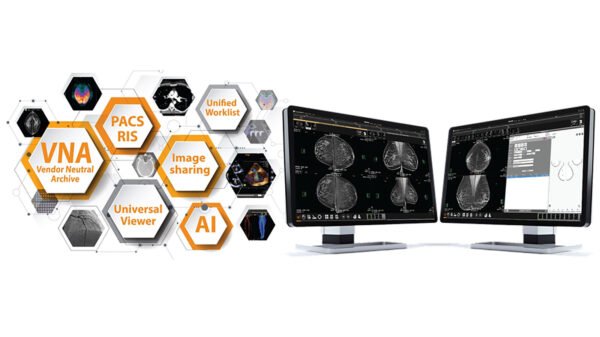
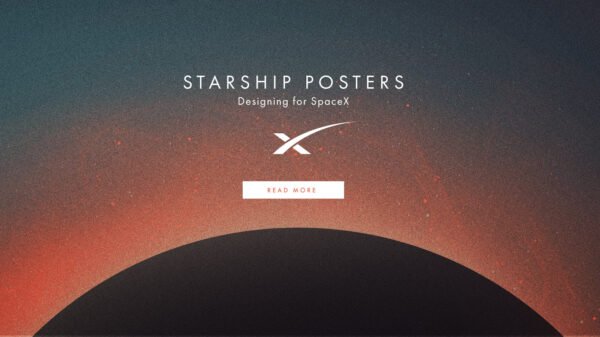









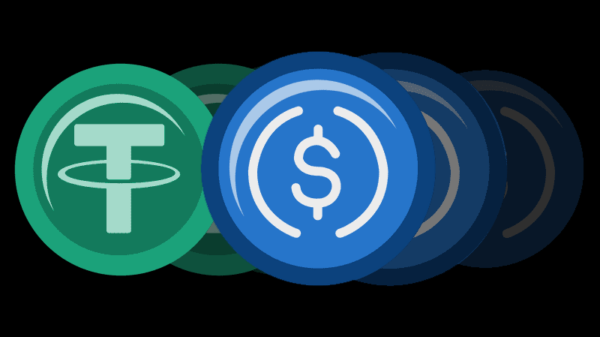
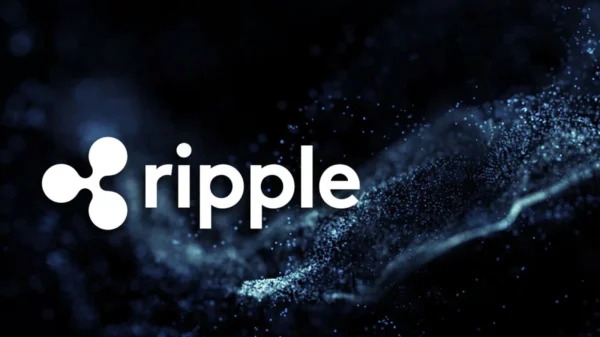
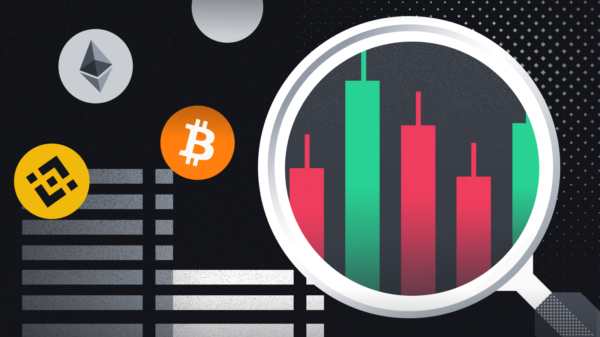

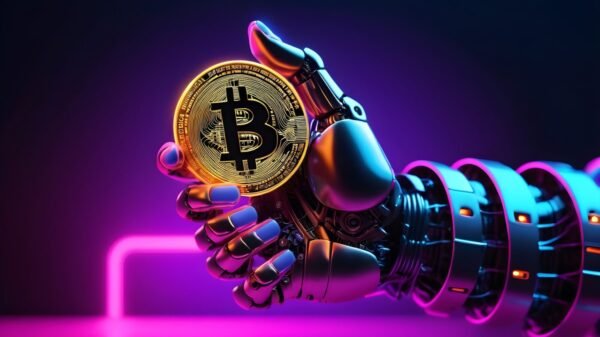

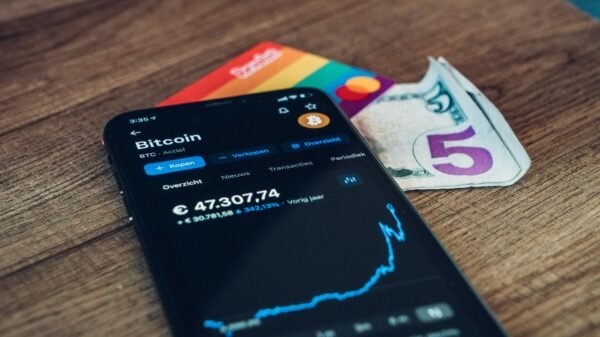
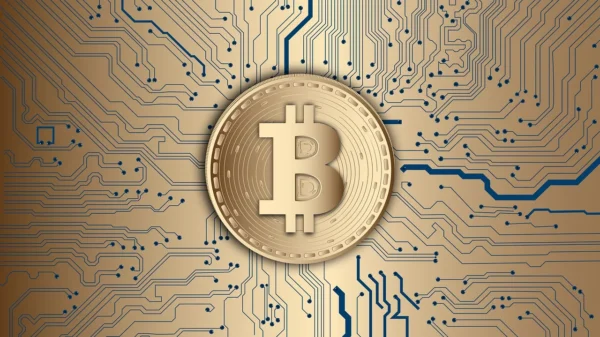

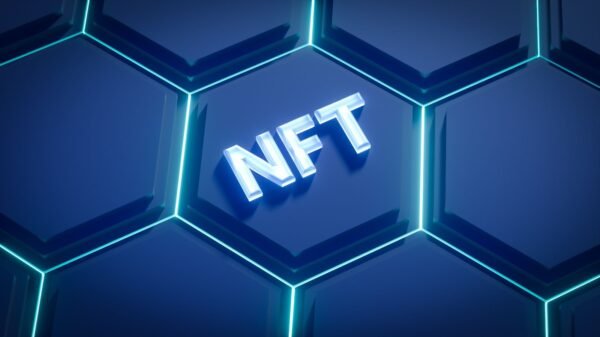
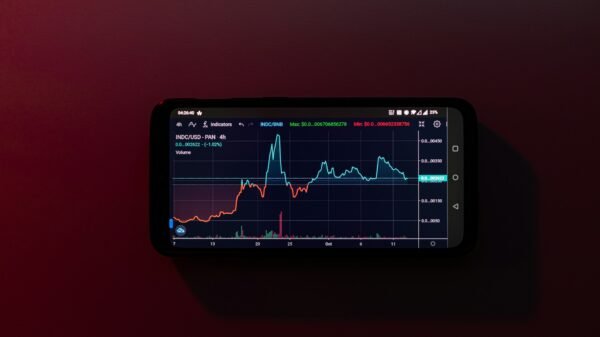
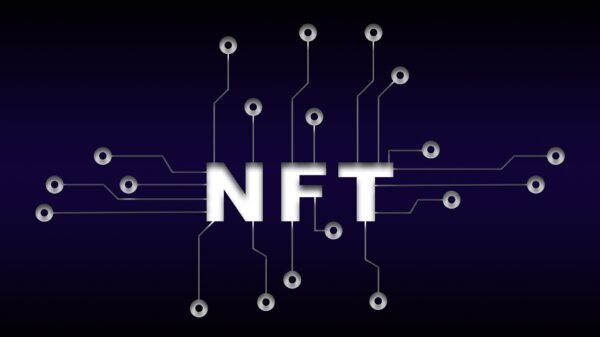



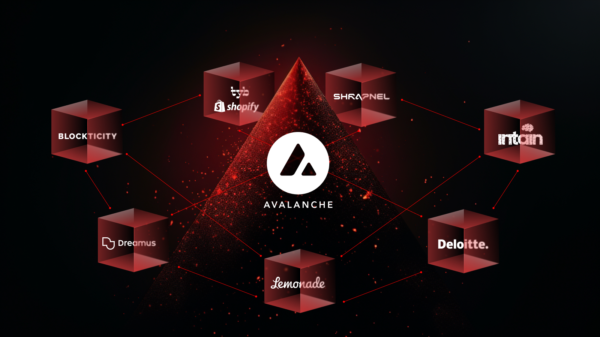



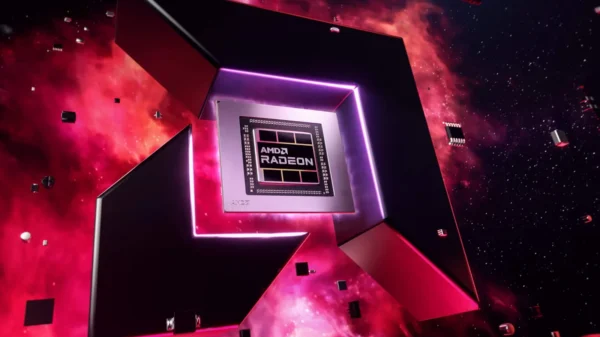
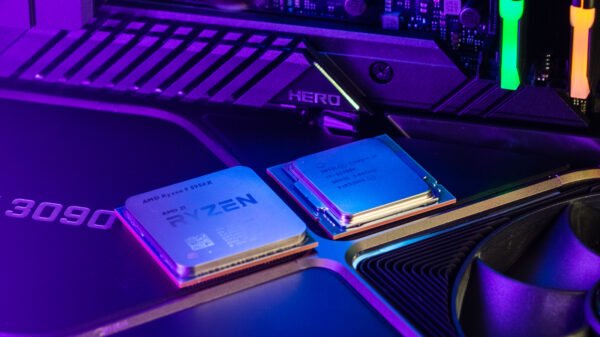
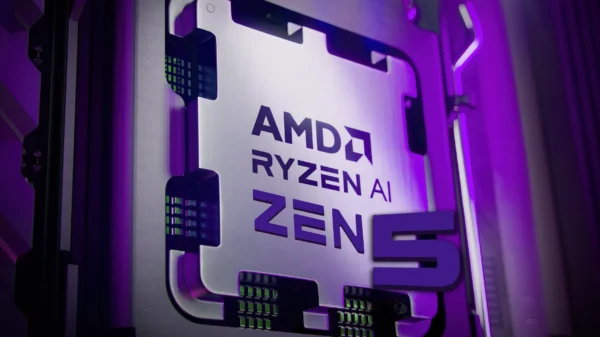






















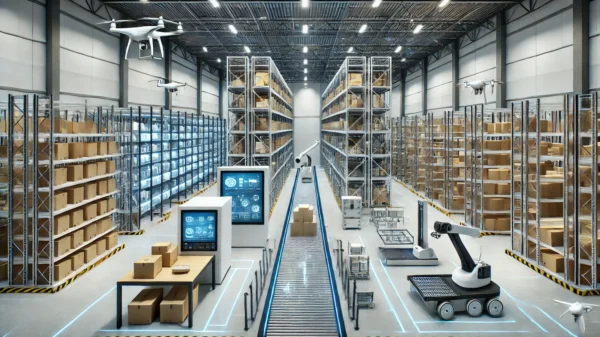




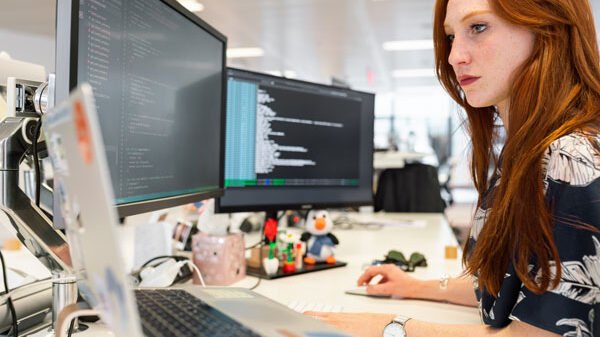
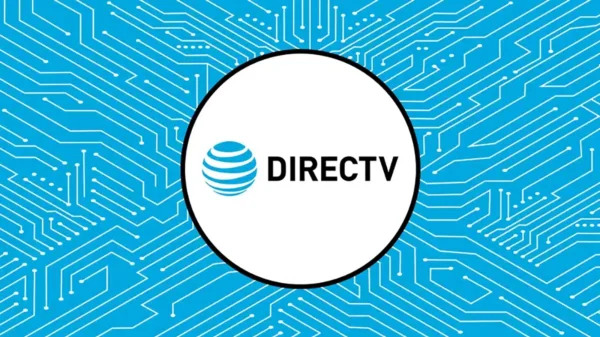

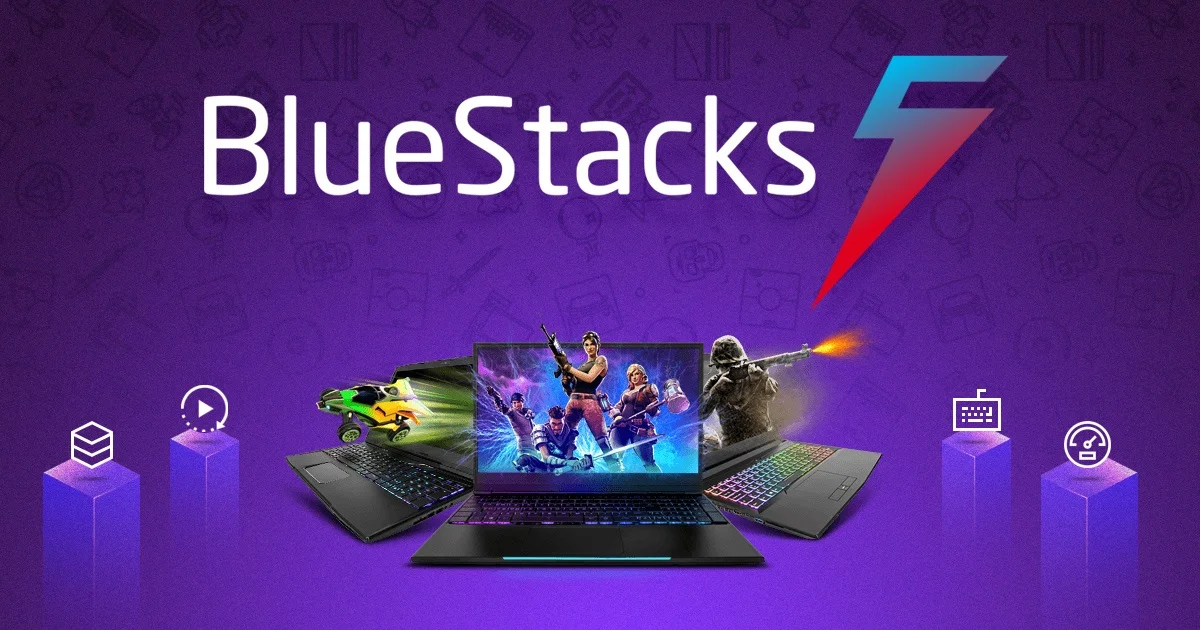





Pingback: Motorola Edge 50 Pro Release Date: Everything You Need to Know